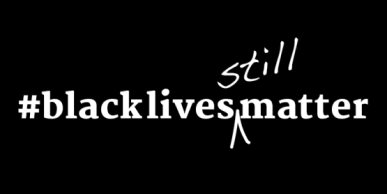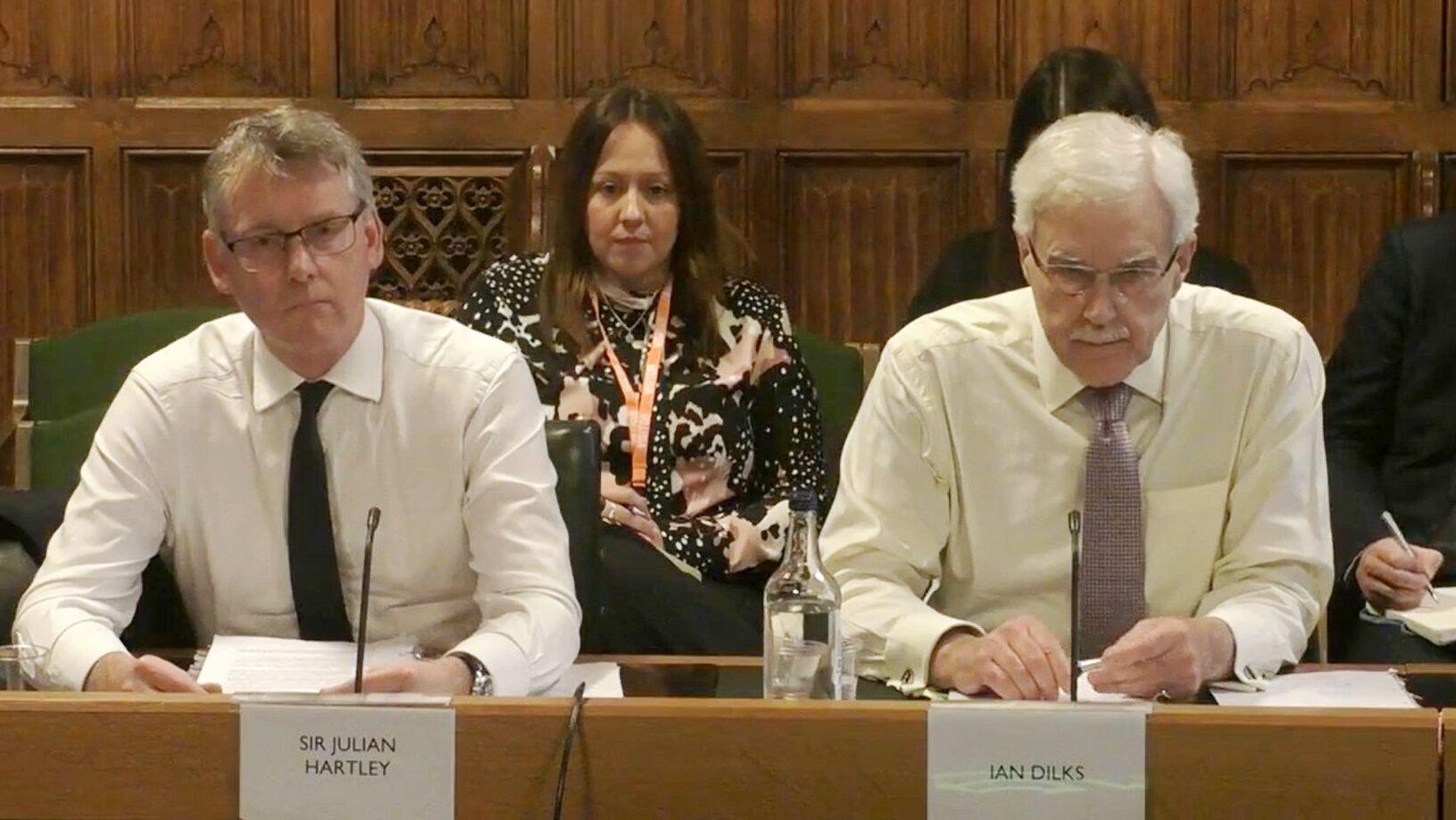It’s time for a new approach to fair recruitment in the NHS
The NHS can’t afford unfair recruitment and promotion processes that discriminate against BAME people. We need a new evidence-based approach that focuses on leadership, accountability and removing bias from the system.

Four years ago, I met with five black or minority ethnic nursing and midwifery managers with a combined NHS service of 171 years. They all told me that they had advised their children not to become nurses or midwives in the NHS. They said they had done so with heavy hearts but didn’t want to put their children through the same experiences they had gone through: bullying, micro-aggressions and above all, thwarted NHS careers. They each described watching colleagues – whom they had welcomed, inducted, supported and helped to train – get promoted over them again and again.
The NHS Workforce Race Equality Standard (WRES) data shows that white staff are 46% more likely be appointed from shortlisting than BAME staff, and that did not improve last year. Almost a third of BAME staff don’t believe that their employer provides equal opportunities for career progression or promotion – more than twice the proportion for white staff. Despite some improvement, the number of chief executives from BAME backgrounds is still in single figures – and the same goes for chief nurses.
The NHS People Plan for 2020-21 indirectly recognises this. It states that:
By October 2020, employers, in partnership with staff representatives, should overhaul recruitment and promotion practices to make sure that their staffing reflects the diversity of their community, and regional and national labour markets. This should include creating accountability for outcomes, agreeing diversity targets, and addressing bias in systems and processes. It must be supported by training and leadership about why this is a priority for our people and, by extension, patients. Divergence from these new processes should be the exception and agreed between the recruiting manager and board-level lead on equality, diversity and inclusion (in NHS trusts, usually the chief executive).
So we will finally have a recruitment strategy underpinned by evidence. It’s a major improvement on the search for silver bullets (diverse panels, unconscious bias training, reverse mentoring) that has dominated NHS recruitment activity at local and national level. Much time has been spent telling managers and boards how awful they are on race, but too little on developing an evidence-based strategy.
There are 1.1 million full-time equivalent NHS staff with a vacancy rate of around 9%. The largest number of vacancies is in nursing and midwifery. Forecasts of the possible future demand, suggest a staffing gap of almost 250,000 by 2030. That’s a serious problem but it could also be an opportunity to improve the diversity of middle and senior management in particular.
Seven steps to make a difference
To bring about fairer outcomes and create the more diverse leadership that evidence strongly suggests is good for staff, patients and organisational effectiveness, we need to be driven by what research will mitigate the bias that is ubiquitous in recruitment at every stage – the job description, how it is advertised, shortlisting, assessment, interview and ‘onboarding’.
Firstly, accountability is key, not training. As a very large research project into workplace diversity reported: “The most effective [diversity] practices are those that establish organisational responsibility: affirmative action plans, diversity staff and diversity task forces. Attempts to reduce social isolation among women and African Americans through networking and mentoring programs are less promising. Least effective are programs for taming managerial bias through education and feedback.”
Secondly, we have to stop relying on policies, procedures and training which seek to make it safe and effective for staff to challenge unfair decisions. Research makes clear this is a flawed paradigm with almost no examples of success. Instead, data-driven accountability linked to an ‘explain or comply’ process, and embedded in key performance indicators, is much more effective. What gets measured, unfortunately, is what gets done.

Thirdly, the focus should be on removing bias from systems and processes, rather than bias in human beings. We need to remove or mitigate the numerous ways in which bias affects decision making at every stage of recruitment, development, promotion and support once employed. For example, that means replacing the often sloppy recruitment processes so common in the NHS with well-structured interviews, as set out in Health Education England’s Values Based Recruitment Framework (2016).
Fourthly, positive action can be helpful in levelling the playing field but institutional change is key – changing the institutional blockages and biases are the most important elements of successful interventions. Employers should beware slipping into a ‘deficit model’ – focusing on helping the staff who are discriminated against rather than the institutional practices that discriminate.
Fifthly, ensure transparency and positive action in relation to ‘stretch developments’. The NHS has adopted the 70:20:10 model of staff development, which suggests that stretch developments and their consolidation are the most important drivers of career progression. So acting up posts, secondments, and involvement in project teams should never be filled informally, and access should be monitored and, where appropriate, filled preferentially through positive action for under-represented groups to help level the playing field.
Sixth, leadership is crucial. Leaders (at every level), who understand and reject discrimination, make the decisions that count. Inclusive leadership makes a fundamental difference to sustainable outcomes on diversity. They model the behaviours they expect of others, understand the importance of diversity and inclusion, and hold themselves and others to account on the issue.
Seventh, board members need a clear narrative explaining why tackling unfairness in recruitment, development, promotion and retention is crucial. This must be discussed with all managers and staff – the majority of recruiting managers are at Band 7 and below – so they they understand clearly how it will improve the service and it is not just another instruction.
For diversity to be sustainable and make a difference to staff experience and patient care, inclusion – not just improved representation – is essential. Whether specific interventions (including those rated as more effective) are actually effective depends on the extent to which teams feel psychologically safe, difference is welcomed, and all staff are listened to and valued.
Such a strategy can build on the work that the WRES and the Workforce Disability Standard have started. It can dovetail with the work done by the Health and Care Women Leaders Network. But it also requires trade unions and HR directors to move faster away from relying on individual casework driven by complaints towards proactive work to embed accountability and interventions backed by evidence. It means welcoming the renewed interest in social justice, but demands that we move on from talking about the need for “culture change” towards understanding and acting on the practical steps to bring about change.
The test of when we have succeeded will be when BAME managers tell their children the NHS is a great place to work, somewhere where talent can flourish whatever your heritage or background.
Roger Kline is Research Fellow at Middlesex University Business School. He tweets at @rogerkline
Related News
-

Regulating the managers: more questions than answers
The Labour government’s plans for regulating NHS managers are still shrouded in mystery, and the three options on the table each have their pros and cons. Rhys McKenzie weighs up the choices and gauges the views of MiP members on the best way forward.
-

The inspector falls: why the CQC needs a fresh start
After years of chaos, the Care Quality Commission urgently needs to rebuild trust and credibility with the public and the services it regulates. What needs to change and what are the priorities for new boss Sir Julian Hartley? Alison Moore reports.
-

Voice, value and vision: what analysts need from the NHS
Data analysts play a vital role in an NHS which is increasingly data-driven and focused on public health trends. But the NHS faces fierce competition for skilled analysts and many feel the health service fails to value them or fully use their talents. Alison Moore reports.